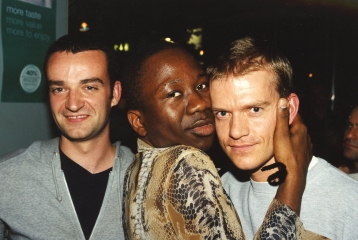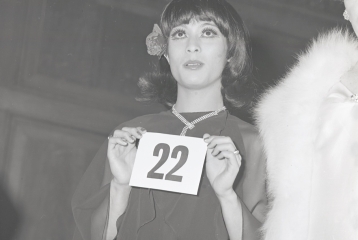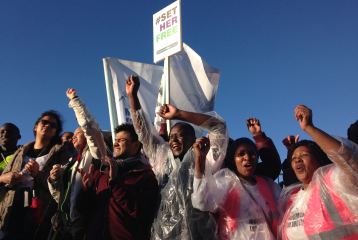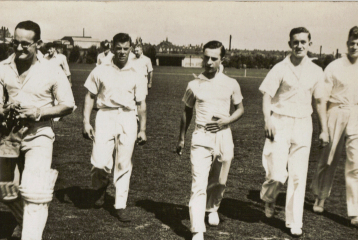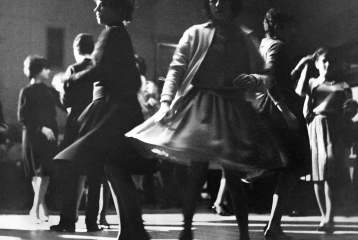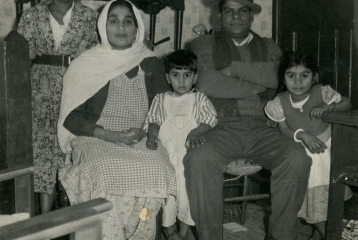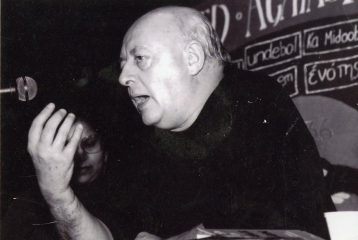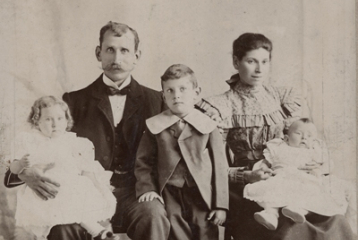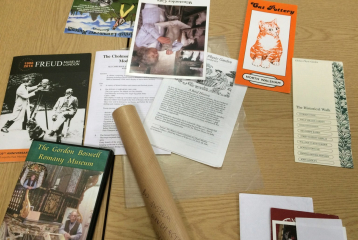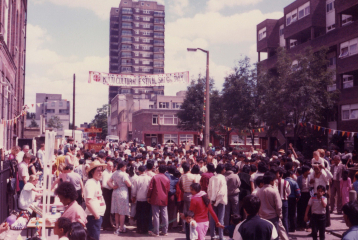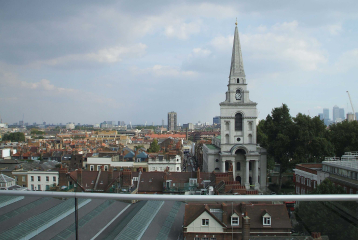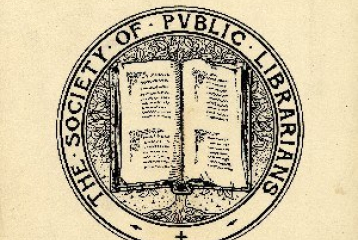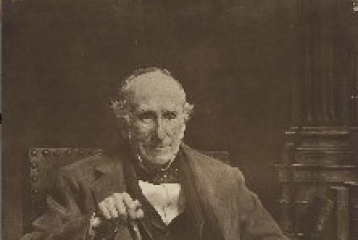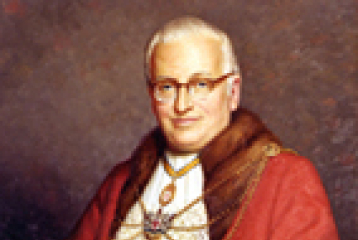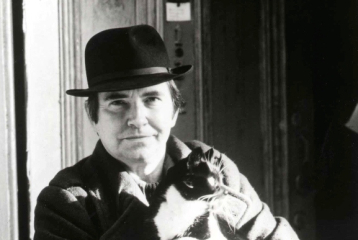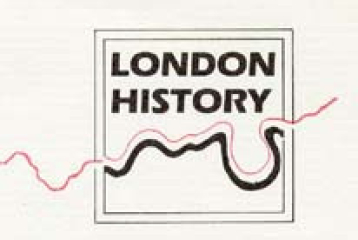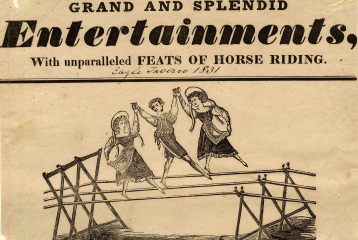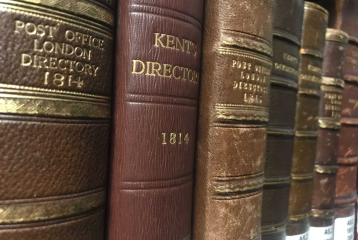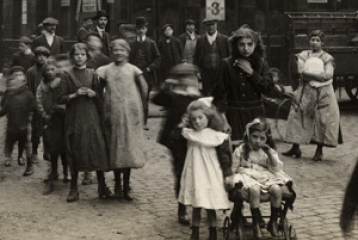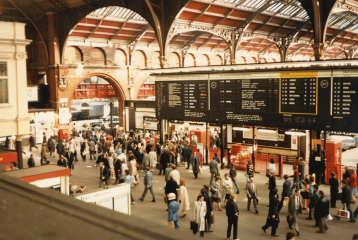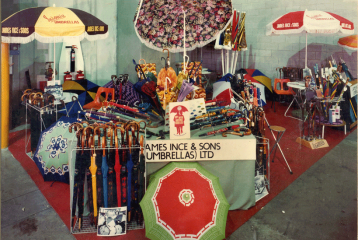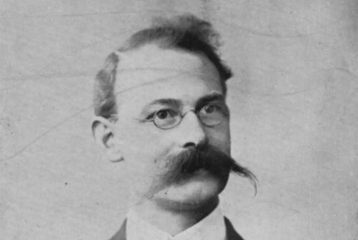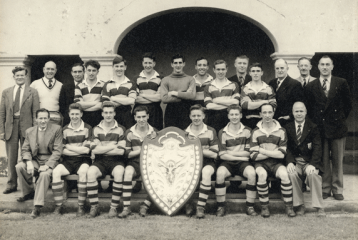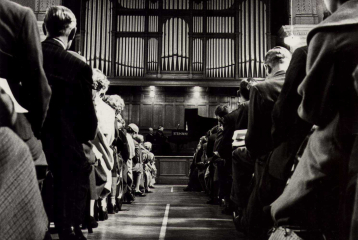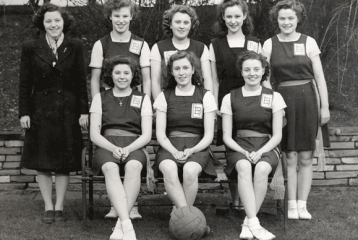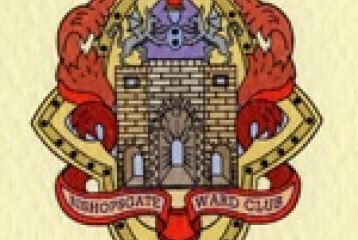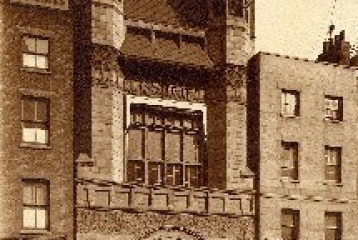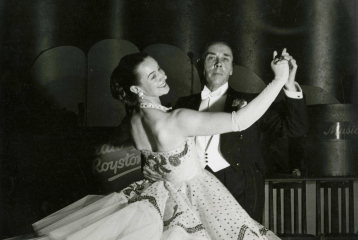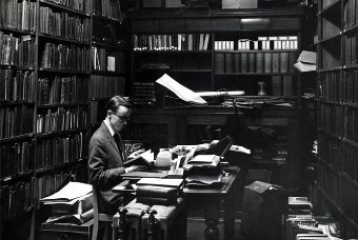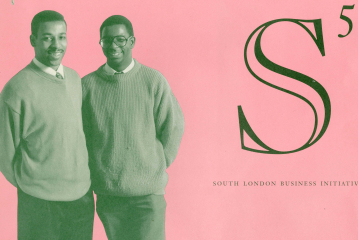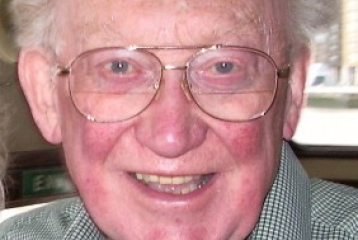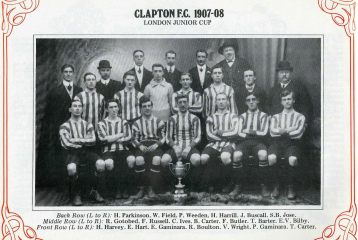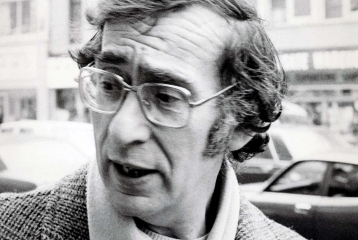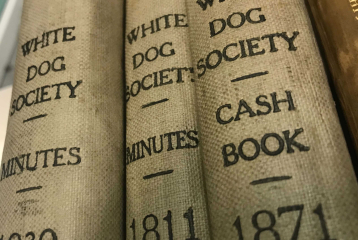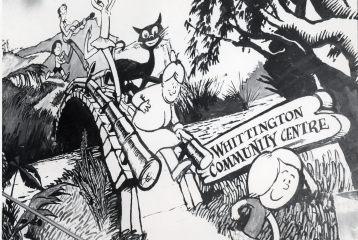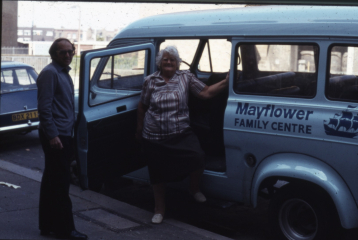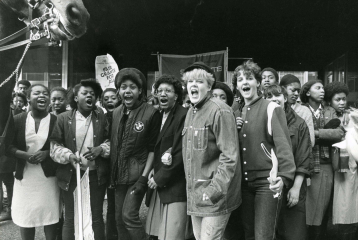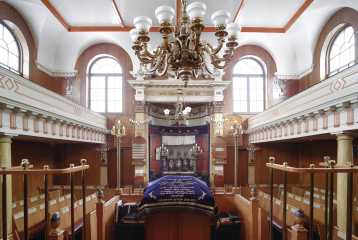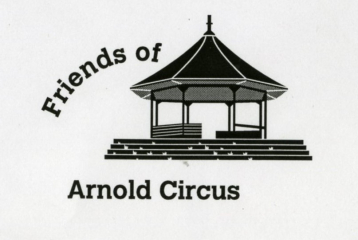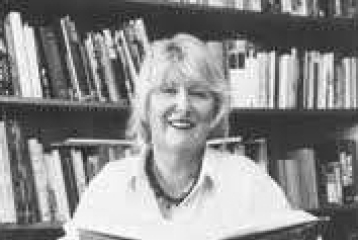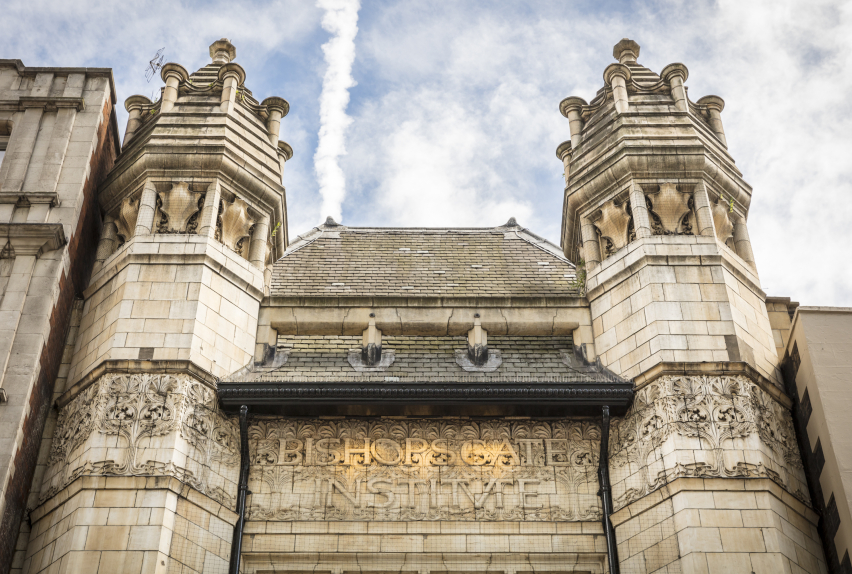Norman Longmate Archive
About this Archive
Administrative/Biographical History
Norman Longmate (1925-2016) was an author, historian, and broadcaster best known for his book "How We Lived Then" (1971), which used the diaries, letters, and oral history recollections of over 1,000 people to document everyday life in Britain during the Second World War. In his own words "an all-day Saturday" historian, his book "If Britain Had Fallen" (1972) offered a "counterfactual" history arising from his studies of Nazi occupation plans and the German occupation of the Channel Islands.
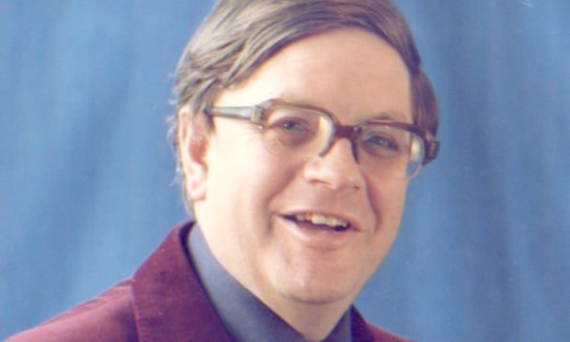
He was born in Newbury where his father was a photographer and his mother was a voracious reader with a flair for writing; Longmate won a scholarship to Christ’s Hospital school in West Sussex, where an inspirational teacher led him to become an historian. In the Home Guard at school, he was called up in 1944, serving with the Royal Army Service Corps in London. After VE Day he was sent to Denmark as part of the British military mission, stopping in Hamburg, where he was shocked by the extent of the devastation caused by Allied bombing. After the war, now aged 22, he went up to Worcester College, Oxford, to read Modern History. He was active in student journalism and the Labour Club, and met his wife Elizabeth Taylor, a fellow historian who made her career in teaching.
His first job was as a leader writer for the London Evening Standard. He then moved to the post of features writer for the Daily Mirror. Wishing for something more challenging, in 1957 he got a post at the Central Electricity Authority. A chance meeting with an old school contemporary who worked for BBC Schools Television led to a commission for a script. More were commissioned, and by 1963 Longmate had been hired as producer of a new history and current affairs series on BBC Schools Radio. From there he moved to a job in the BBC Secretariat, where, among other things, he wrote speeches for the Director General.
Longmate’s first book, "A Socialist Anthology", was published in 1953, followed by "Oxford Triumphant", on undergraduate life, a year later – the chapter about undergraduates' sex lives attracted particular attention. His third book was a detective novel called "Death Won’t Wash". This proved to be the first in a series of five featuring Detective Superintendent Herbert Bradbury.
His first work of social history was "King Cholera – the Biography of a Disease" (1966). It was followed by "The Waterdrinkers: A History of Temperance" (1968). After "How We Lived Then" he decided, in later life, to accept further commissioned work, if offered, but not to seek it out.
"The Real Dad’s Army" (1974) was written to accompany an exhibition at the Imperial War Museum and the seventh series of the popular television sitcom.
Longmate’s other titles include "The Workhouse" (1974); "The GIs: The Americans in Britain 1942-1945" (1976); "When We Won the War" (1977); "Air Raid: The Bombing of Coventry 1940" (1978); and "The Doodlebugs: The Story of the Flying Bombs" (1981).
He also wrote freelance documentaries for radio, and acted as historical adviser on various television projects, including the Yorkshire TV series "How We Used to Live" (broadcast 1975-1988) and "The 1940s House" (2001).
Longmate was elected a Fellow of the Royal Historical Society in 1981; he took early retirement from the BBC in 1983. His next project, "Defending the Island" and "Island Fortress" was a two-volume history of all the attempts to invade the British Isles, first published in 1989. An autobiography, "The Shaping Season", was published in 2000.
Scope and Content
Papers of Norman Longmate, author, historian and broadcaster (c.1930-2016). Including; personal papers regarding college, school, personal politics, personal correspondence and The Army (1936-2016); papers relating to employment as an advisor, at the Daily Mirror, Evening Standard, Electricity Council and BBC (c.1952–2000); typescripts, transcripts and notes regarding published and unpublished books, including, "How We Lived Then", "If Britain Had Fallen", "The Doodlebugs" and "The Tolpuddle Martyrs" (c.1938–2007); papers regarding television, including, scripts, transcripts, notes and correspondence relating to programmes such as "A Century of Change" and "How We Used to Live" (c.1953–1989); papers relating to radio, including correspondence and transcripts for programmes such as, "Dr Jones’ War", "The Time of My Life" and "The Day We Won the War"(c.1930-1989); articles, correspondence and cuttings relating to journalism (c.1951-1996); notes and correspondence relating to lectures delivered by Longmate (c.1974-2006); papers relating to various societies, including, English Heritage, Oxford Society Richmond Area, and Historical Association (c.1951-2001); minutes and notes relating to broadcasting and the Association of Broadcasting Staff (c.1969-2002); various draft letters and speeches (1965-1979); and miscellaneous notes, correspondence and items (c.1954-1994).
Quantity
234 boxes
